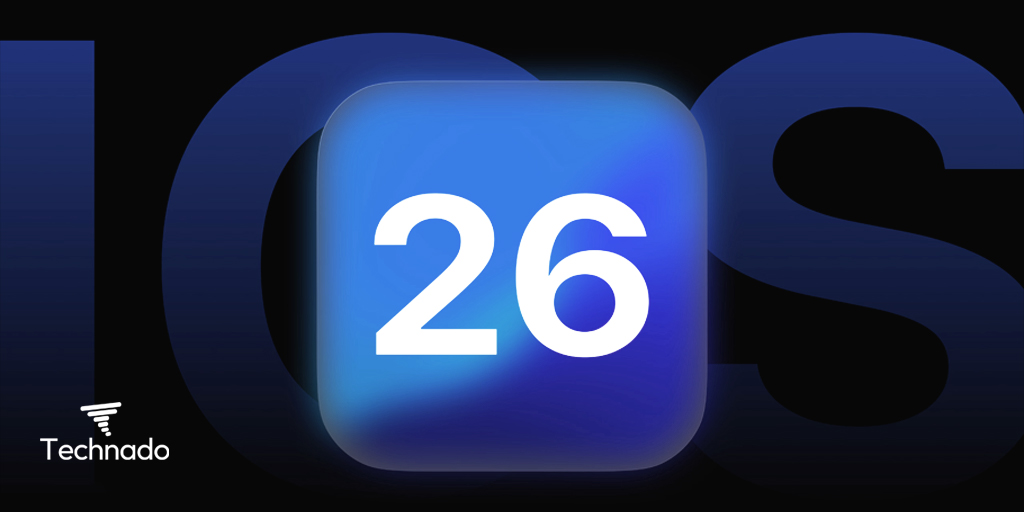Apple revolutionized voice assistants with Siri back in 2011, setting the stage for AI-powered personal assistants. However, in the years since, Siri has lagged behind competitors like Google Assistant, Amazon Alexa, and more recently, OpenAI’s ChatGPT. While rumors of a major AI overhaul continue to circulate, the reality is that a truly transformative Siri upgrade may still be years away. Apple is known for its methodical approach to innovation, prioritizing privacy and seamless integration over rapid advancements—but is that strategy holding Siri back in the AI race?
Why Siri Has Fallen Behind
Siri was once the pioneer of voice assistants, but today, it struggles to keep up with AI-driven conversational models. Several key factors contribute to its stagnation:
1. Apple’s Privacy-First Approach
Unlike Google or OpenAI, which leverage vast amounts of user data to enhance their AI models, Apple takes a strict privacy-first stance. Most of Siri’s processing happens on-device rather than in the cloud, limiting its ability to improve from user interactions. While this approach ensures better security, it also restricts Siri from evolving as dynamically as AI models trained on extensive datasets.
Apple’s emphasis on privacy is commendable, especially in an era of increasing concerns over data security and surveillance. However, it also means that Siri has fewer opportunities to learn from user interactions compared to cloud-based AI models. While Google Assistant and ChatGPT continuously refine their responses based on user engagement, Siri often feels static and outdated. The challenge for Apple is to find a way to advance Siri’s intelligence without compromising its privacy-first ethos.
2. Late Entry into AI Development
While companies like Google, Microsoft, and OpenAI have been leading AI research for years, Apple has only recently ramped up its investment in artificial intelligence. Reports suggest Apple is working on its own large language model (LLM) called “Ajax” and testing a ChatGPT-like chatbot, dubbed “Apple GPT.” However, these developments remain in early stages, and there is no clear timeline for their integration into Siri.
In contrast, OpenAI’s ChatGPT has taken the AI world by storm, setting new benchmarks in conversational AI. Google has also been integrating advanced AI features into its products, making its Assistant and Gemini models significantly more capable. Apple’s slow adoption of AI innovation means Siri is often playing catch-up rather than setting the industry standard. Even with the recent hiring spree in Apple’s AI research division, building a sophisticated, real-time AI assistant will require significant breakthroughs.
3. Outdated Architecture
Siri’s foundational infrastructure is rigid and outdated. Unlike ChatGPT or Google’s Gemini, which excel in fluid, multi-turn conversations, Siri often struggles with contextual follow-ups and complex queries. Because its architecture was not originally designed for large-scale AI enhancements, Apple faces a significant challenge in retrofitting it to support modern AI capabilities. A complete backend overhaul would be necessary to bring Siri up to speed with today’s conversational AI standards.
Users frequently experience Siri failing to grasp context in ongoing conversations. While ChatGPT can maintain a conversation thread, Siri often treats each query as an isolated request. This makes interactions feel disjointed and frustrating. If Apple wants Siri to be competitive, it needs a complete rebuild rather than just incremental updates.
Apple’s AI Roadmap: What’s on the Horizon?
Despite its slow pace, Apple is making moves to strengthen its AI ecosystem. Here’s what we can expect in the coming years:
1. AI-Powered Features in iOS 18
Leaks suggest that iOS 18 could mark a major AI leap for Apple, potentially introducing enhanced Siri capabilities, AI-driven text summarization, and improved on-device machine learning. However, whether these enhancements will rival Google Gemini or OpenAI’s models remains to be seen. Apple’s AI improvements are expected to be more incremental than revolutionary.
Apple’s AI ambitions extend beyond just Siri. Reports indicate that iOS 18 might incorporate AI-powered features across multiple apps, including smarter search functions, enhanced auto-replies, and real-time language translation. These upgrades could make Apple devices more intuitive, but Siri will need more than minor tweaks to become a true competitor in the AI space.
2. Apple GPT and Large Language Model Integration
Apple is actively developing its own LLM, which could serve as the backbone for a smarter, more conversational Siri. However, deploying a competitive AI model is a massive undertaking. Apple must balance AI advancement with its unwavering commitment to privacy and security, which may limit how rapidly it can introduce cutting-edge AI features.
Additionally, Apple’s approach to AI differs from that of its competitors. While OpenAI and Google train models using vast internet datasets, Apple may focus on a more curated and ethical dataset, ensuring reliability and privacy. The downside? Slower progress and a potential gap in the model’s understanding of real-world trends and nuances.
3. A Gradual Evolution Instead of a Breakthrough
Unlike its competitors, Apple rarely rushes into emerging technology trends. Instead of an overnight transformation, Siri’s AI improvements will likely be introduced in phases. Apple’s strategy will focus on refining user experience, ensuring reliability, and maintaining privacy-first AI deployment. While this approach aligns with Apple’s brand ethos, it also means that users seeking the most advanced AI assistant may have to wait longer than they would with competing platforms.
Apple’s long-term strategy seems to prioritize stability and brand trust over rapid innovation. While this ensures a polished final product, it also creates a perception that Apple is lagging behind. Will users be patient enough to wait for a truly smart Siri, or will they shift towards AI assistants that are already breaking new ground?
Final Thoughts: Will Siri Ever Catch Up?
Siri’s AI upgrade is coming, but expecting it to match or surpass ChatGPT and Google Gemini in the near future may be unrealistic. Apple’s deliberate pace means that while incremental improvements are on the horizon, a true AI-driven Siri could still be years away. For now, those looking for a truly intelligent virtual assistant may find more capable alternatives elsewhere. However, given Apple’s history of reshaping industries, it would be unwise to count Siri out just yet. The real question is: when Apple finally delivers a next-generation Siri, will it be worth the wait?
One thing is certain—AI is the future, and Apple cannot afford to stay on the sidelines for too long. As generative AI continues to redefine user experiences, Apple’s response will determine whether Siri remains a household name or fades into irrelevance.
Suggested Reads:
Zeekr 007: Sub-10-Minute EV Charging with Golden Battery
Startup Tech Stack 2025: Your Ultimate Guide
Frontend Developer Roadmap 2025: Your Complete Guide

Burhan Ahmad is a Senior Content Editor at Technado, with a strong focus on tech, software development, cybersecurity, and digital marketing. He has previously contributed to leading digital platforms, delivering insightful content in these areas.







